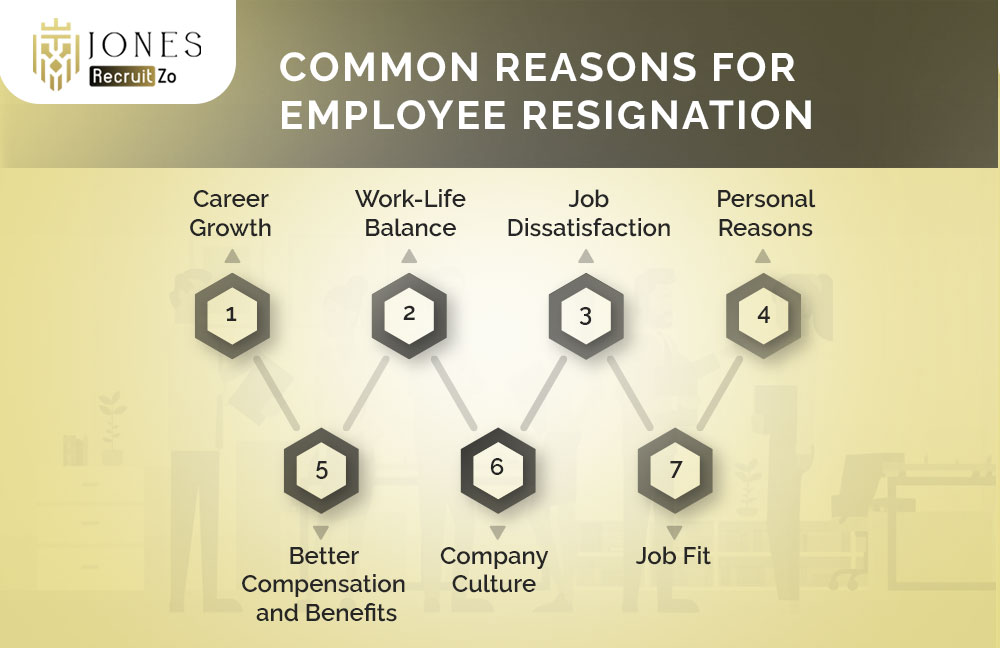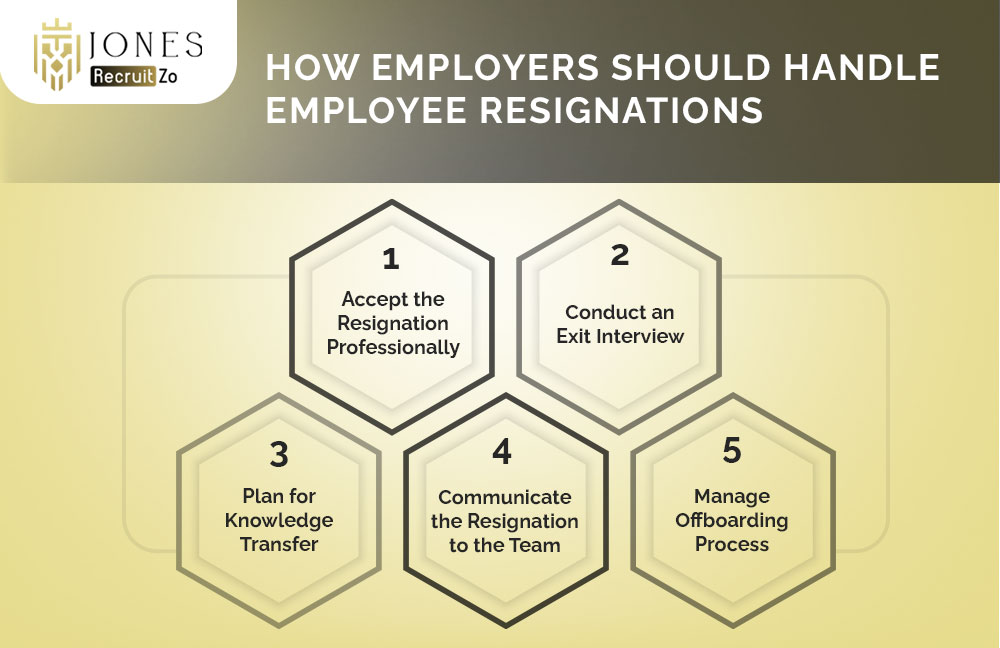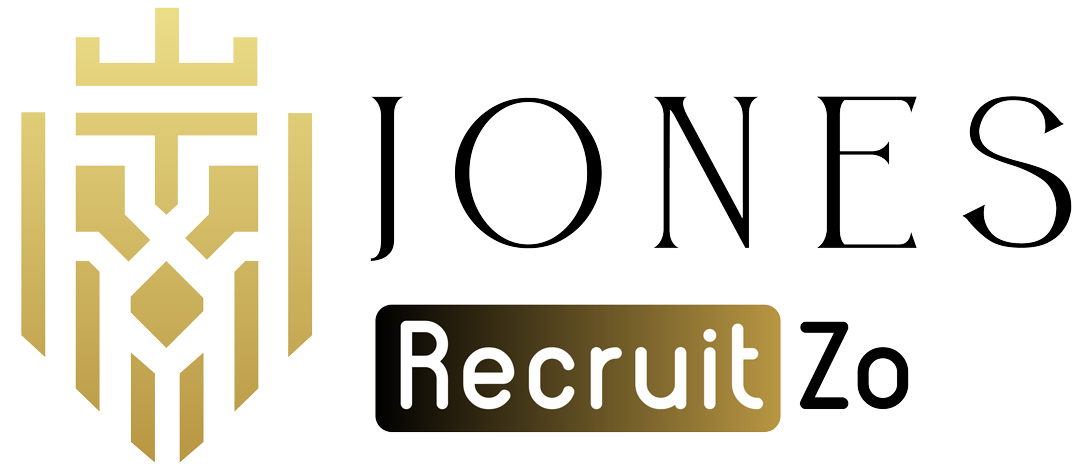What Is Employee Resignation?
Employee resignation is the formal act of an employee willingly leaving an organisation. This includes giving notification, usually in writing or orally, of the notice period as per the organisation’s agreement and completing any off boarding logistics that may be necessary. Whether for personal reasons, career growth, or disappointment, resignation is an important process within the employment lifecycle.
Professional handling of resignations will keep doors open for future collaboration, protect the business’s image, and minimise disruptions to workflow. For employees, it represents a chance to depart respectfully and amicably. For employers, it becomes an opportunity for learning and reflection with an eye to future planning.
Common Reasons for Employee Resignation

Employees leave organisations for a wide range of reasons, both personal and professional. Understanding these can help businesses improve retention strategies and employee satisfaction.
-
Career Growth
Employees decide to leave organisations if they feel there are no longer any chances to grow within that given position or when the company lacks prospects of advancement. Ambitious professionals always look out for environments that nurture their growing skills, greater responsibilities, or career advancement. If rejected any longer, they will begin looking elsewhere for positions with well-defined paths of development.
-
Work-Life Balance
Poor work-life balance could be the strongest push for employees to leave. Extremely long working hours, inability to maintain an adaptable work schedule, and unrealistic expectations of workload can all burn someone out. Employees also place importance on having flexibility in remote work, time-off policies, and manageable workloads. If their needs in these areas are not being supported by the organisation, resignations could follow.
-
Job Dissatisfaction
Lack of recognition, lack of challenges, lack of good managers, or insufficient resources lead to employees feeling disengaged and frustrated. Employees may search for opportunities that better match their values and expectations when they perceive a lack of appreciation for their efforts or find their work meaningless.
-
Personal Reasons
Sometimes the reason for resigning is hardly work-related. Family demands, relocation, health reasons, educational expectations, or turning toward other directions in life are instances where these reasons may force someone to resign. In maintaining goodwill, it would help if the employers supported and respected these transitions.
-
Better Compensation and Benefits
Salary continues to be a big motivator. If an employee sees himself being underpaid or sees that competitors offer far better packages-whether in terms of base salary, incentives, insurance, or any other perks-he will resign for an opportunity with better financial rewards.
-
Company Culture
A toxic, hierarchical, or unsupportive culture will drive talented employees to seek better environments. Culture will shape how people think and feel about their workplace—if employees perceive that they are not included, safe, or valued, they are very likely not staying long.
-
Job Fit
Sometimes, the job just does not fit, even with great pay and benefits. The mismatch could be one of skills, interests, or working style. Employees in misaligned roles often feel deprived of fulfilment and may leave in search of endeavours that fit their strengths and aspirations even more.
Steps to Resigning Professionally (For Employees)

Resigning from a job is a significant decision, and handling it with professionalism can go a long way in preserving relationships and future opportunities.
-
Review Your Employment Contract
Before starting the whole charter of resignation, it is therefore advisable to go through the terms of the contract-in particular, notice period, two weeks of notice and compensation issues, non-compete issues, and final settlement. Ignoring any of these details may leave you in a legal confrontation with your company or perhaps worsen relationships with your employer.
-
Plan Your Exit
Consider the timing of your departure, who is going to handle the workload you leave behind, and the effect your absence might have on the team. Owning up to wrapping responsibilities or preparing transition documents portrays maturity and accountability.
-
Write a Resignation Letter
The resignation letter should be official. It should state clearly your intent to resign, express your final working date, and mention gratitude for the opportunity. Keep the letter professional and avoid talking about your grievances-it’s a document that will be kept on your record of employment.
-
Inform Your Manager First
As a matter of courtesy, your immediate supervisor should be the first to learn of your resignation. Arrange a private, one-on-one meeting to engage your supervisor on your decision before going public with it. This helps to maintain trust and provides the scope for an honest and open exchange to take place concerning your exit.
-
Serve the Notice Period
Serving the full notice you have given will be beneficial for the company, as they will either hire a replacement or redistribute jobs among the employees. During this time, act professionally and continue to perform your duties; assist in training your replacement if required and ensure that all documentation is completed.
How Employers Should Handle Employee Resignations?

While no company wants to lose great talent, resignations are inevitable. How an employer responds speaks volumes about their culture and values.
-
Accept the Resignation Professionally
Acceptance of resignation even when it is totally unexpected or at an inconvenient time should be kept calm and supportive. It’s nice to acknowledge the decision of the user with professional and congratulatory terms to their next steps when appropriate.
-
Conduct an Exit Interview
Exit interviews give spaces for transferring employees to air their thoughts. This will for sure expose trends or issues of which leadership is not aware. With that approach, it becomes a wonderful retention and culture tool.
-
Plan for Knowledge Transfer
Ensure all key responsibilities of the employee are documented and passed to the colleague or teammates. Create a smooth transition plan that minimises disruption across projects, clients, or current tasks.
-
Communicate the Resignation to the Team
As soon as the resignation gets confirmed, then relevant teams or stakeholders are informed promptly. Speculation can be prevented, and teams will now be able to plan and coach each other through this process.
-
Manage Off boarding Process
All aspects of final payroll, benefits settlement, return of equipment, access removal, and formal documentation should be speedy and respectful. A great way of creating a positive employer brand and bonding trust is through a structured off boarding process.
Importance of a Smooth Resignation Process
A smooth and respectful resignation process benefits both the employer and the departing employee. It sets the tone for professional relationships, even after the exit.
-
Preserves company reputation
Employees talk—be it inside their networks or on review portals. Former employees tend to speak well of companies that handle resignations cordially.
-
Maintains morale
Unplanned or poorly executed exits can throw off team morale. Transparency during a departure and support in facilitating the transition makes others feel secure and appreciated, protecting from ripple effects.
-
Encourages rehire opportunities
There could be instances when employees leave for greener pastures with the hope of coming back in the future. When a company keeps the door for rehires open, it essentially keeps the well-experienced talents in mind so that, whenever the need arises, a shortcut to recruit such talent can be found.
-
Ensures business continuity
An exit is properly managed when resignations are planned in a manner that ensures projects do not lag behind and service levels remain unaffected. This provides teams sufficient time to orient, hand over responsibilities, and ensure that morale is maintained.
FAQs
1) What Is Employee Resignation?
Employee resignation refers to the voluntary choice made by an employee for the termination of employment, which would often include the submission of a resignation letter along with a notice period to be served.
2) Why do employees leave a company?
Common causes may vary from lack of growth in the career to work-life balance, dissatisfaction level from work, monetary benefits and/or personal situations.
3) How does work-life balance impact employee retention?
Organisational policies that support flexibility and well-being for working individuals tend to increase retention rates by minimising burnout and stress within the workforce.
4) How can exit interviews help reduce employee turnover?
Exit interviews provide honest feedback regarding the reasons for leaving provided by the employees, identifying patterns to correct workplace issues before other employees resign.















